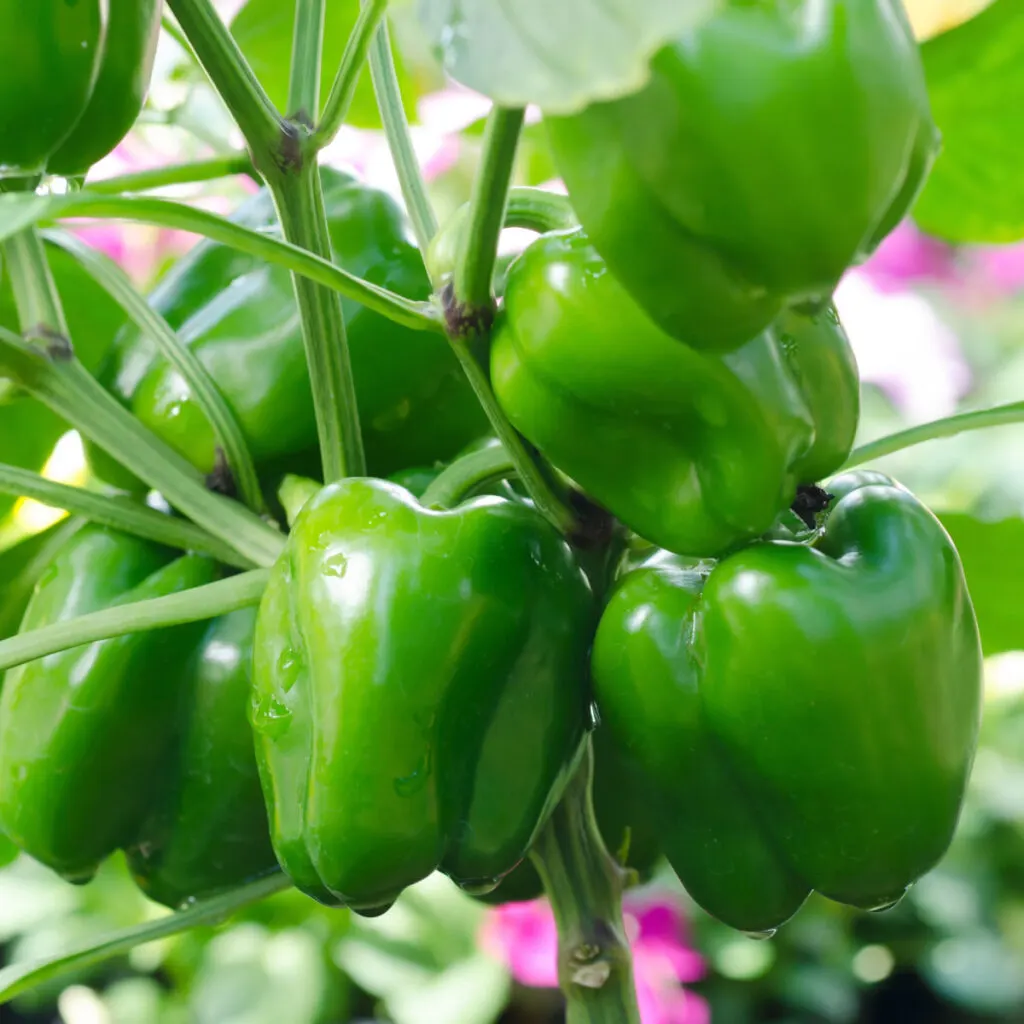Best Fertilizers for Peppers: Make The Most Of Plant Health and Return
Best Fertilizers for Peppers: Make The Most Of Plant Health and Return
Blog Article
Organic Vs. Synthetic Fertilizers: Which Is Best for Supporting Healthy And Balanced Pepper Plants?
In the world of nurturing healthy and balanced pepper plants, the selection between natural and artificial fertilizers stands as an essential decision with far-reaching effects. While both alternatives goal to provide crucial nutrients to support plant growth, the subtleties of their influence on the soil, plant wellness, and the setting trigger an argument that echoes throughout the gardening area. Understanding the unique benefits and potential risks of each plant food type is vital for pepper cultivators looking for to enhance their yields while keeping a sustainable and eco-conscious method.
Advantages of Organic Plant Foods
Organic fertilizers use a sustainable and environmentally-friendly strategy to nourishing pepper plants, supplying necessary nutrients without using artificial chemicals. These all-natural fertilizers are acquired from natural resources such as compost, manure, bone meal, and seaweed, promoting dirt wellness and biodiversity. Unlike artificial fertilizers, organic choices launch nutrients gradually, guaranteeing a well balanced and consistent supply for pepper plants to grow.
One substantial advantage of natural plant foods is their ability to boost soil framework and water retention. By improving soil health, natural plant foods promote useful microbial task, which helps in nutrient uptake by pepper plants. In addition, natural plant foods reduce the danger of chemical run-off, protecting water resources from contamination and guarding the setting.
Additionally, natural fertilizers add to long-lasting dirt fertility by advertising the development of valuable dirt organisms. These microorganisms aid damage down natural issue, launching nutrients in a form that is quickly obtainable to pepper plants. best fertilizers for peppers. By promoting a healthy dirt ecosystem, natural plant foods support lasting pepper farming techniques that profit both plants and the atmosphere
Downsides of Synthetic Plant Foods
Artificial plant foods, in contrast to their organic counterparts, present numerous negative aspects when made use of to nourish pepper plants, affecting both plant health and wellness and ecological sustainability. One significant disadvantage of synthetic fertilizers is their tendency to seep nutrients from the dirt swiftly.
Furthermore, the overuse of artificial plant foods can add to water air pollution. Excess fertilizers not soaked up by plants can get rid of into water bodies, bring about eutrophication, where algae blossoms deplete oxygen levels in the water, damaging aquatic life. Synthetic fertilizers are typically obtained from non-renewable resources, such as fossil gas, contributing to carbon exhausts and ecological deterioration during their manufacturing.
Nutrient Absorption Contrast
Reliable nutrient absorption plays a critical role in the total health and growth of pepper plants. When comparing natural and synthetic plant foods in terms of nutrient absorption, natural fertilizers have the advantage of providing an extra balanced and slow-release source of nutrients (best fertilizers for peppers). Organic plant foods contain a range of macro and micronutrients that are not only useful for the plants but likewise advertise healthy and balanced soil microbial task, which aids in nutrient uptake. On the various other hand, artificial fertilizers frequently supply a quick launch of nutrients, which can lead to seeping and runoff, leading to lower nutrient absorption rates by the plants.
In addition, organic fertilizers enhance soil structure and water retention capacity, permitting pepper plants to gain access to nutrients see this extra efficiently. This better soil directory quality facilitates root growth, enabling better nutrient absorption. Artificial plant foods, although originally improving plant growth due to their high nutrient focus, might prevent long-lasting nutrient absorption by derogatory dirt wellness over time.
Ecological Influence Considerations

On the other hand, artificial fertilizers, although often even more immediately offered and focused to plants, can have destructive impacts on the setting if not applied correctly (best fertilizers for peppers). Their production requires high power inputs, bring about greenhouse gas discharges and adding to climate modification. The runoff of excess synthetic fertilizers can pollute water sources, leading to eutrophication and hurting aquatic communities.
Finest Plant Food Practices for Peppers
To accomplish this, it is important to comply with ideal fertilizer methods tailored to the details demands of pepper plants. One critical technique is to execute a soil test before using any kind of plant foods.
One more essential technique is to feed pepper plants at the best time. Normally, peppers take advantage of obtaining fertilizer at planting and after that once more when they begin to flower. Over-fertilizing can bring about vitamins and mineral imbalances and harm the plants, so it is vital to comply with recommended application prices.
Additionally, choosing a balanced fertilizer with an NPK proportion that matches pepper plants' needs is fundamental. Organic plant click to find out more foods, such as garden compost or manure, can be exceptional options as they release nutrients gradually and enhance soil framework over time. Synthetic plant foods can give a quick nutrient boost when needed. Ultimately, incorporating natural and synthetic fertilizers judiciously can help nurture healthy pepper plants while reducing environmental effect.
Verdict

Organic fertilizers provide a lasting and environmentally-friendly technique to beneficial pepper plants, supplying vital nutrients without the use of artificial chemicals. Unlike artificial plant foods, organic choices launch nutrients gradually, guaranteeing a balanced and consistent supply for pepper plants to flourish.
Artificial fertilizers, in comparison to their organic counterparts, posture different disadvantages when used to nourish pepper plants, affecting both plant health and wellness and ecological sustainability. When comparing artificial and natural fertilizers in terms of nutrient absorption, organic plant foods have the advantage of offering a much more balanced and slow-release resource of nutrients.Moreover, natural plant foods boost dirt structure and water retention ability, enabling pepper plants to access nutrients more effectively.
Report this page